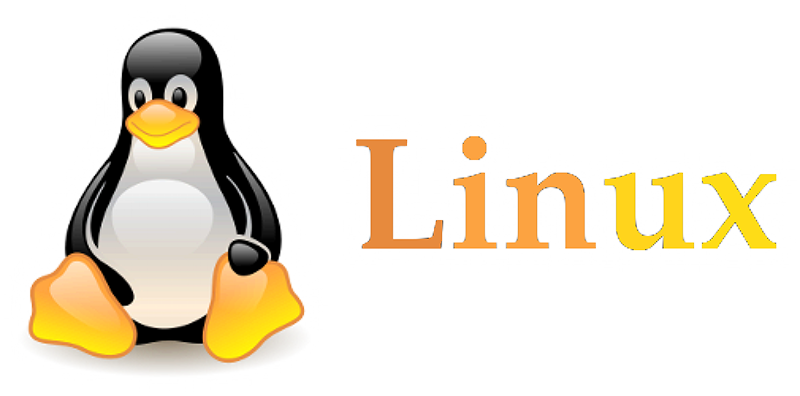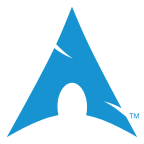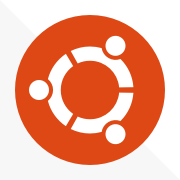Linux Distro & Flavors Lists
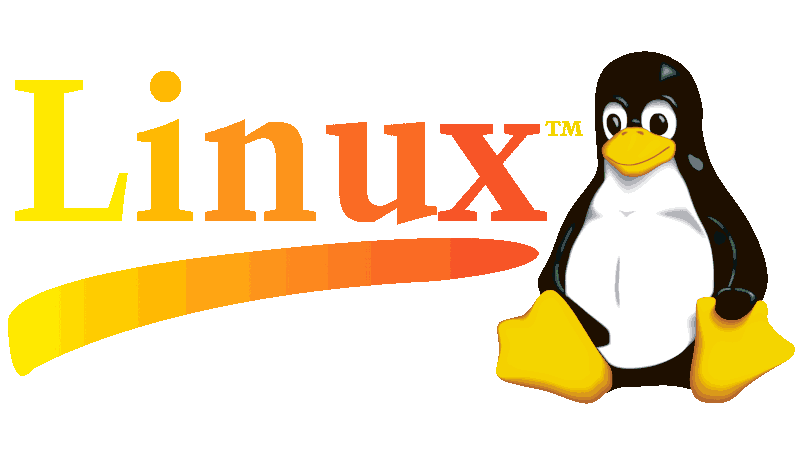
This is not an unabridged list of all the Linux versions in existence. It does however contain most of the popular and more common distributions. The list is in alphabetical order. There is a brief description of each one, and the boxes are clickable to go to the site to read more about it or download it.
CREDIT : Some descriptions were taken from Wikipedia or vendors websites.

A 100% community owned and governed alternative CentOS as a Red Hat Enterprise Linux rebuild. Governed by the AlmaLinux OS Foundation.
Alpine Linux is a security-oriented, lightweight Linux distribution based on musl libc and busybox.
Arch Linux is an independently developed, x86-64 general-purpose Linux distribution that strives to provide the latest stable versions of most software by following a rolling-release model. The default installation is a minimal base system, configured by the user to only add what is purposely required.

A cybersecurity-focused OS based on Arch Linux. It is designed to test security and run penetration tests. It includes window managers preconfigured, but no desktop environment.

Community-supported Linux distribution originally based on RHEL and well suited for servers. Now sponsored by Red Hat.
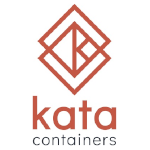
Clear Linux OS is an open source, rolling release Linux distribution optimized for performance and security, from the Cloud to the Edge, designed for customization, and manageability.
CSI Linux is a very customized distro with a very strong emphasis on OSINT & Digital forensics. Awesome Distro!
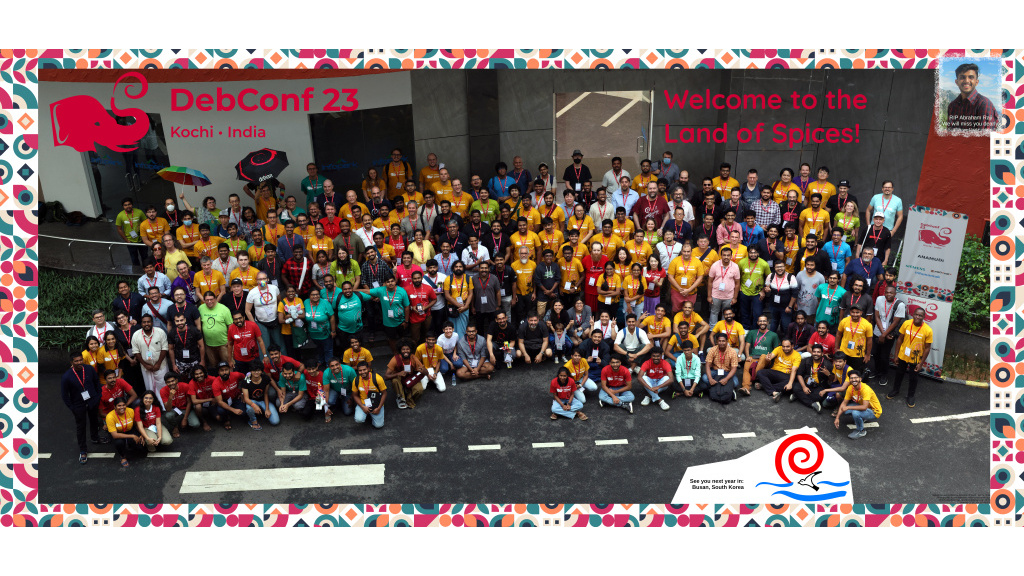
Debian Linux is a distribution that emphasizes free software. It supports many hardware platforms. Debian and distributions based on it use the .deb package format[2] and the dpkg package manager and its front ends (such as apt or synaptic).

A Debian-based Chinese Linux Distribution developed by Wuhan Deepin Technology Co.

The thoughtful, capable, and ethical replacement for Windows and macOS. Basically a Mac OSX clone.
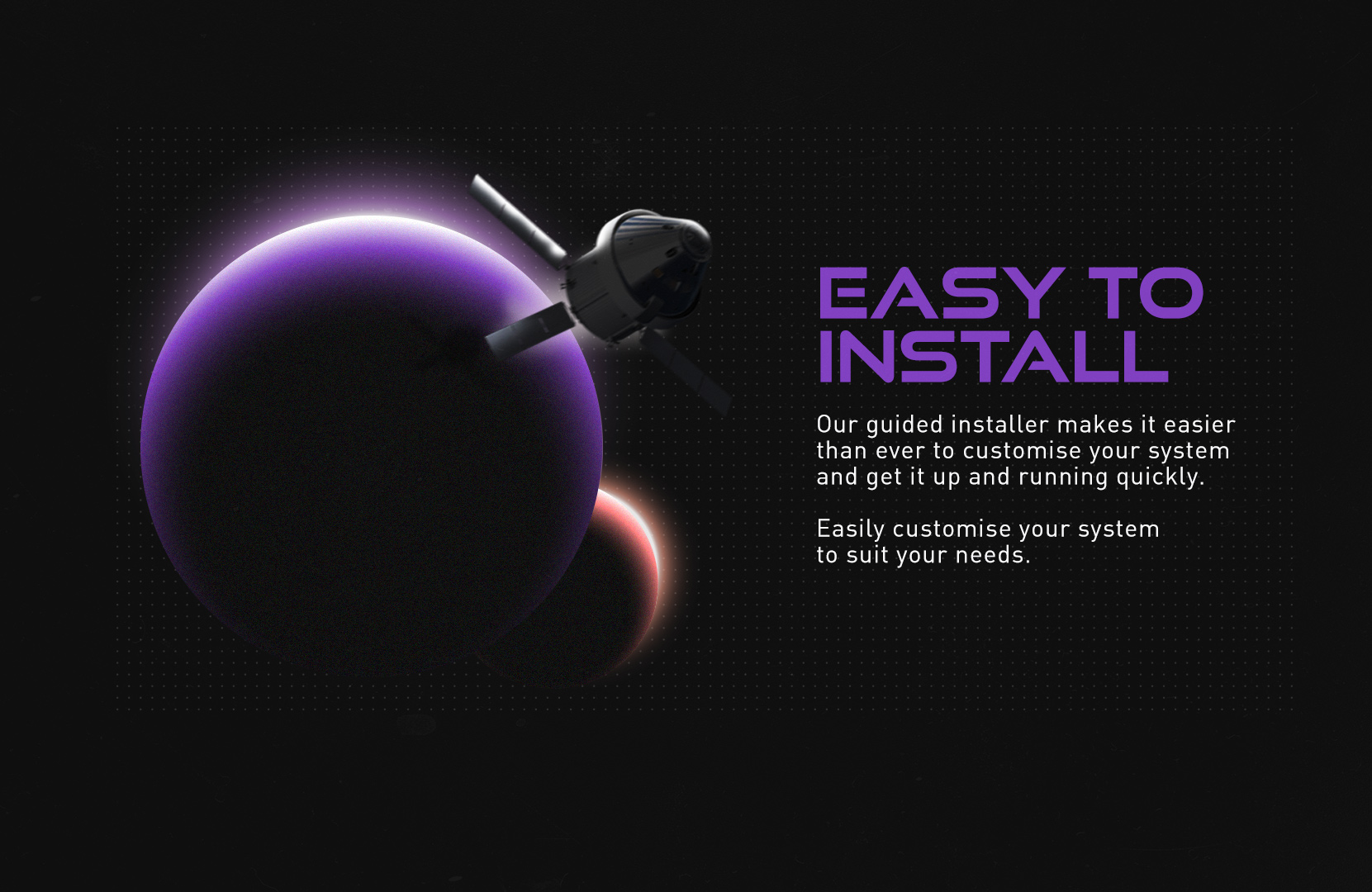
EndeavourOS is an Arch-based distro that provides an Arch experience without the hassle of installing it manually for both x86_64 and ARM systems. After installation, you’re provided with a lightweight and almost barebones environment ready to be explored with your terminal, along with our home-built Welcome App as a powerful guide to help you along.

Fedora is a community supported distribution. It aims to provide the latest software while maintaining a completely Free Software system

FreeBSD is an operating system used to power modern servers, desktops, and embedded platforms. A large community has continually developed it for more than thirty years. Its advanced networking, security, and storage features have made FreeBSD the platform of choice for many of the busiest web sites and most pervasive embedded networking and storage devices.
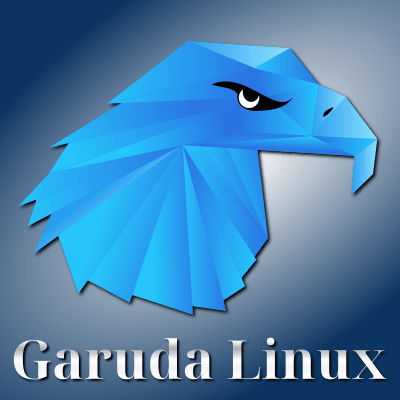

Gentoo is a distribution designed to have highly optimized and frequently updated software.[117] Distributions based on Gentoo use the Portage package management system with emerge or one of the alternative package managers.
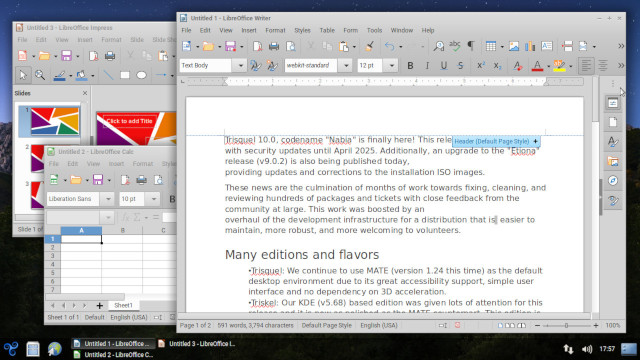
GNU is an operating system that is free software—that is, it respects users' freedom. The GNU operating system consists of GNU packages (programs specifically released by the GNU Project) as well as free software released by third parties. The development of GNU made it possible to use a computer without software that would trample your freedom.

Kali Linux is an open-source, Debian-based Linux distribution geared towards various information security tasks, such as Penetration Testing, Security Research, Computer Forensics and Reverse Engineering.
Focused on the development of KDE. The emphasis is on bleeding edge software packages sourced directly from KDE and offers programmers early access to new features, but potentially at the cost of greater susceptibility to software bugs.

Knoppix itself is based on Debian. It is a live distribution, with automated hardware configuration and a wide choice of software, which is decompressed as it loads from the drive
An official derivative of Ubuntu Linux using KDE instead of the GNOME (or Unity) desktop environment used by default in Ubuntu.

Linux Mint synchronizes its release-cycle with Ubuntu's long-term support, and is tailored to user-friendliness for desktop users. Linux Mint Debian Edition (LMDE) is Mint's Debian stable based version. Its purpose is to use Debian base packages/kernel under the hood should Ubuntu ever disappear. It's also used by Mint developers to develop their Cinnamon desktop.

Mandriva Linux is open-source distribution (with exceptions), discontinued in 2011. The first release was named Mandrake Linux and based on Red Hat Linux (version 5.1) and KDE 1 in July 1998. It had since moved away from Red Hat's distribution and became a completely separate distribution. The name was changed to Mandriva, which included a number of original tools, mostly to ease system configuration. Mandriva Linux was the brainchild of Gaël Duval, who wanted to focus on ease of use for new users. The last stable version was in 2011. Mandriva's developers moved to Mageia[115] and OpenMandriva.

Based on Arch Linux, using its own repositories and ships with either Xfce, Plasma, GNOME, or the CLI as the default desktop environment. Additional community-driven editions are available that use MATE, Cinnamon, Openbox, Awesome, i3, BSPWM, or Budgie as a base.
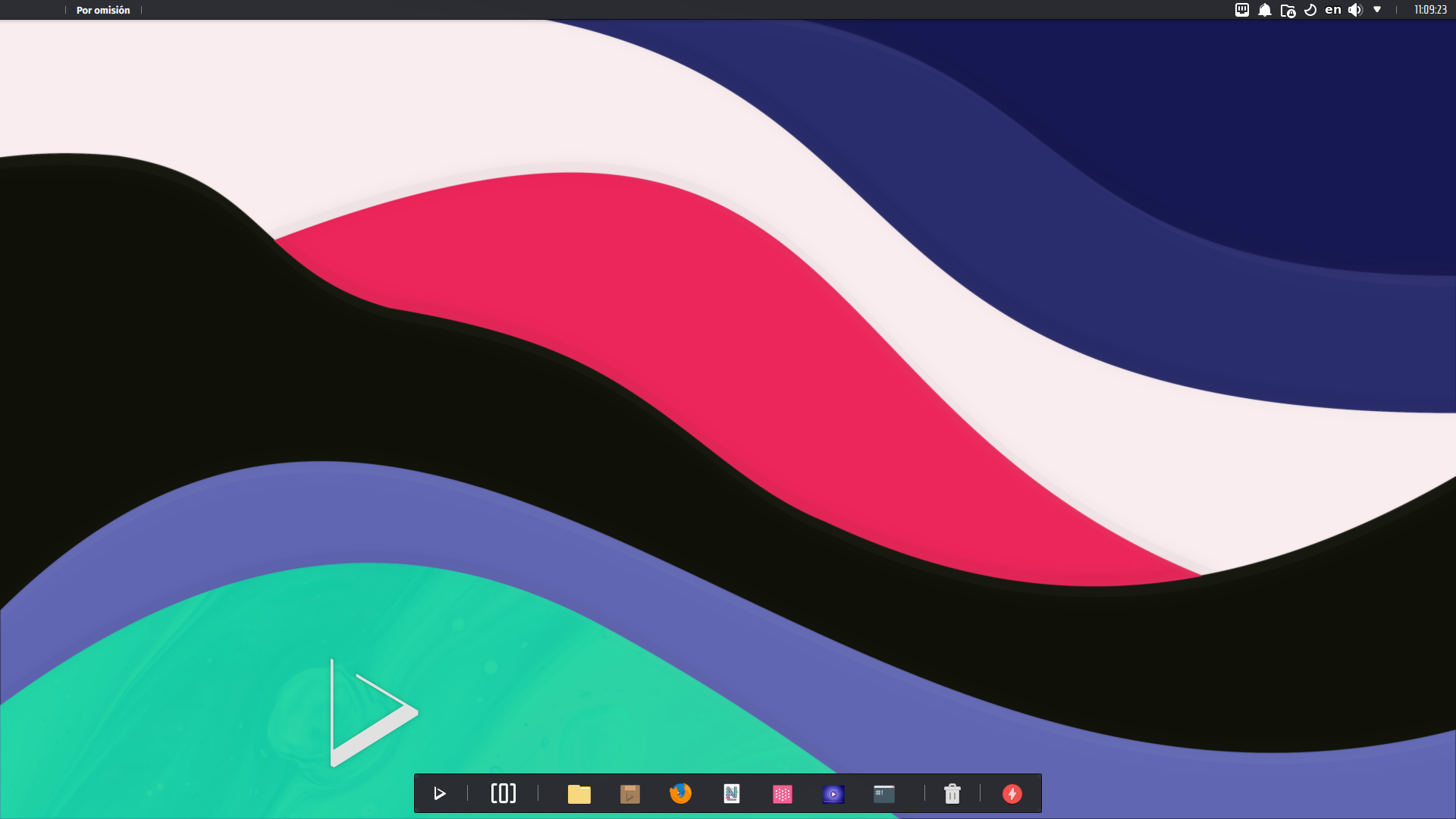
Powered by Debian, KDE Plasma and Frameworks, and AppImages.

Declarative Linux distribution with atomic upgrades and rollbacks built on top of Nix package manager. Any package build is able to be freely edited and rebuilt from source. An official binary cache is also available for unmodified packages.
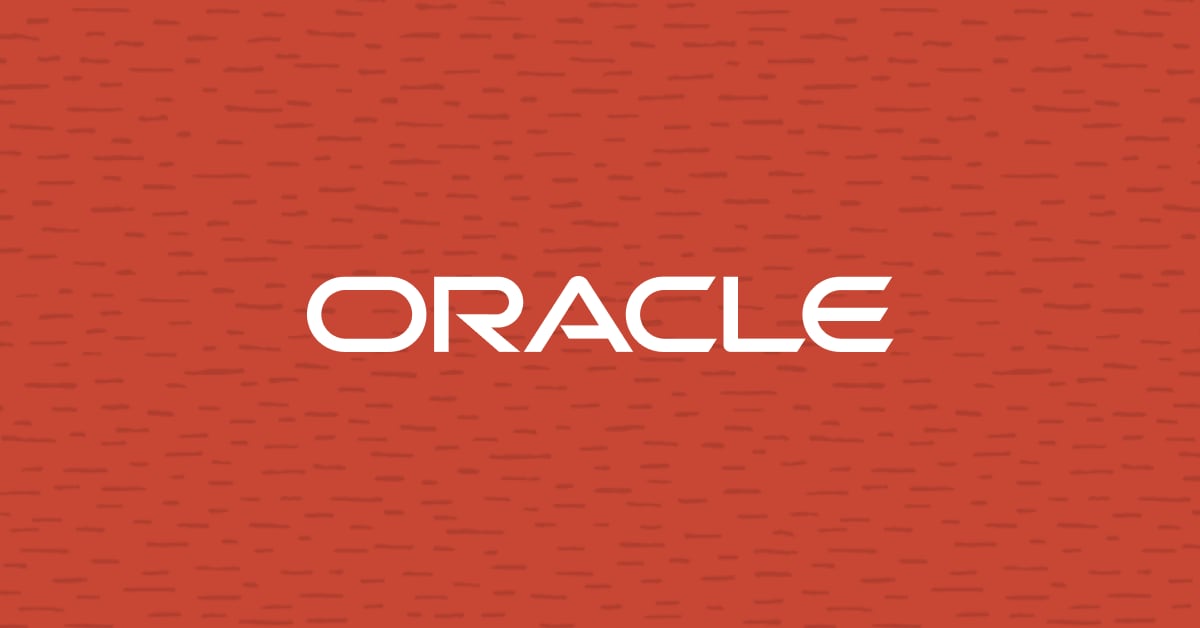
Supported by Oracle. Aims to be fully compatible with Red Hat Enterprise Linux.

A Linux distribution based on Debian used by penetration testers. An Alternative option to Kali Linux. Both are excellent.

A rolling release Linux Live CD distribution. Originally based on Mandrake 9.2. Later rebased on Mandriva 2007.

A light-weight LXDE distribution for cloud applications through its own Ice Framework using the Chromium Web Browser. Based on Lubuntu

Pop!_OS is an operating system for STEM and creative professionals who use their computer as a tool to discover and create. Unleash your potential on secure, reliable open source software. Based on your exceptional curiosity, we sense you have a lot of it. I personally am running this on my high end home laptop, where I run Kali on my field laptop I keep in my vehicle.
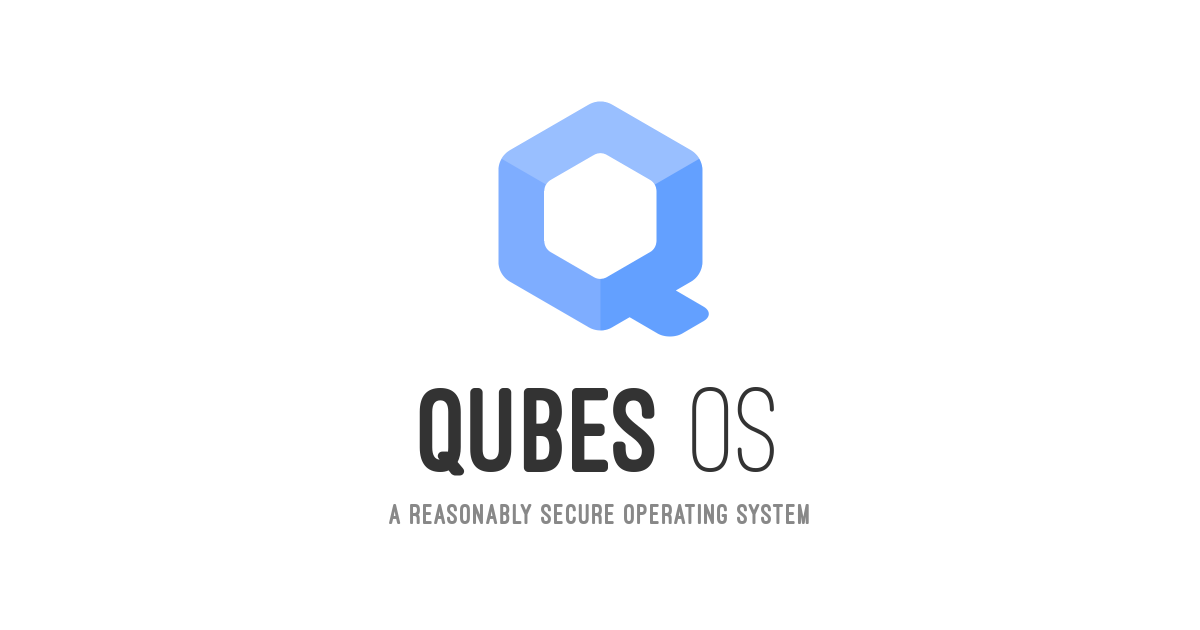
Focused on security for desktop users. Based on an "ancient" Fedora release which is said to be upgraded under YUM.
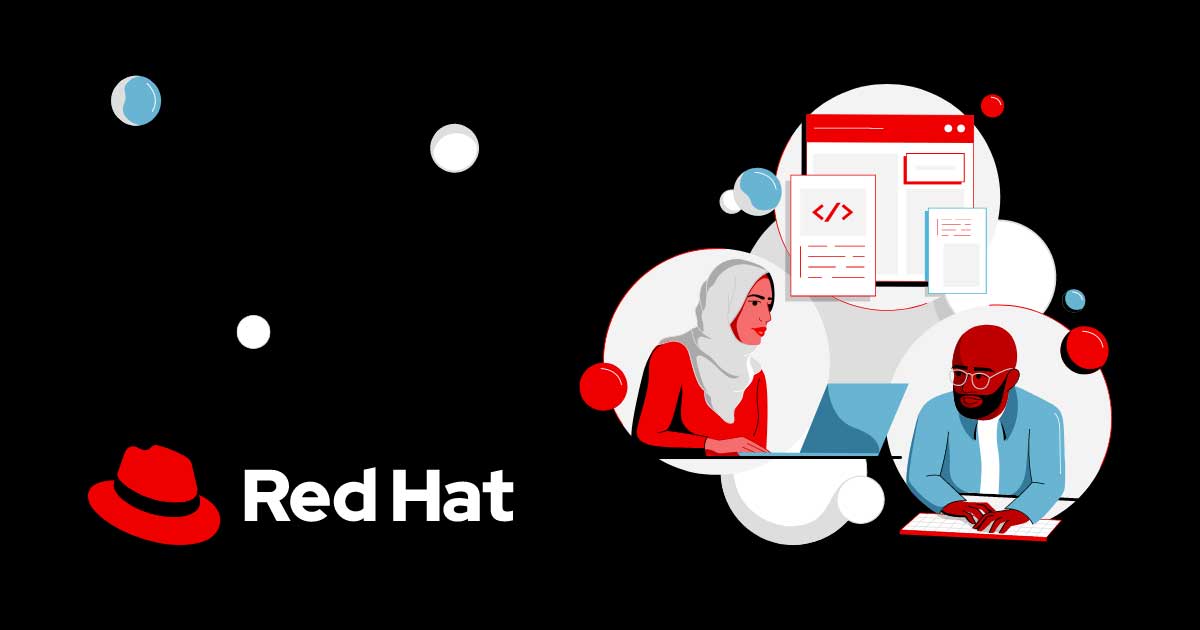
Split into Fedora Core and Red Hat Enterprise Linux. The last official release of the unsplit distribution was Red Hat Linux 9 in March 2003.

A Linux distribution that is currently in development by the CentOS founder, Gregory Kurtzer, aims to be compatible with Red Hat Enterprise Linux.

Comes in two variations. SUSE Linux Enterprise Desktop (previously branded Novell Linux Desktop) is a desktop-oriented Linux distribution supplied by SUSE and targeted at the enterprise market. SUSE Linux Enterprise Server is a server-oriented Linux distribution targeted at the business market.

It is a portable operating system that protects against surveillance and censorship.
Tsurugi Linux many have not heard of, like CSI Linux, very heavy emphasis on DFIR, Forensics and OSINT.
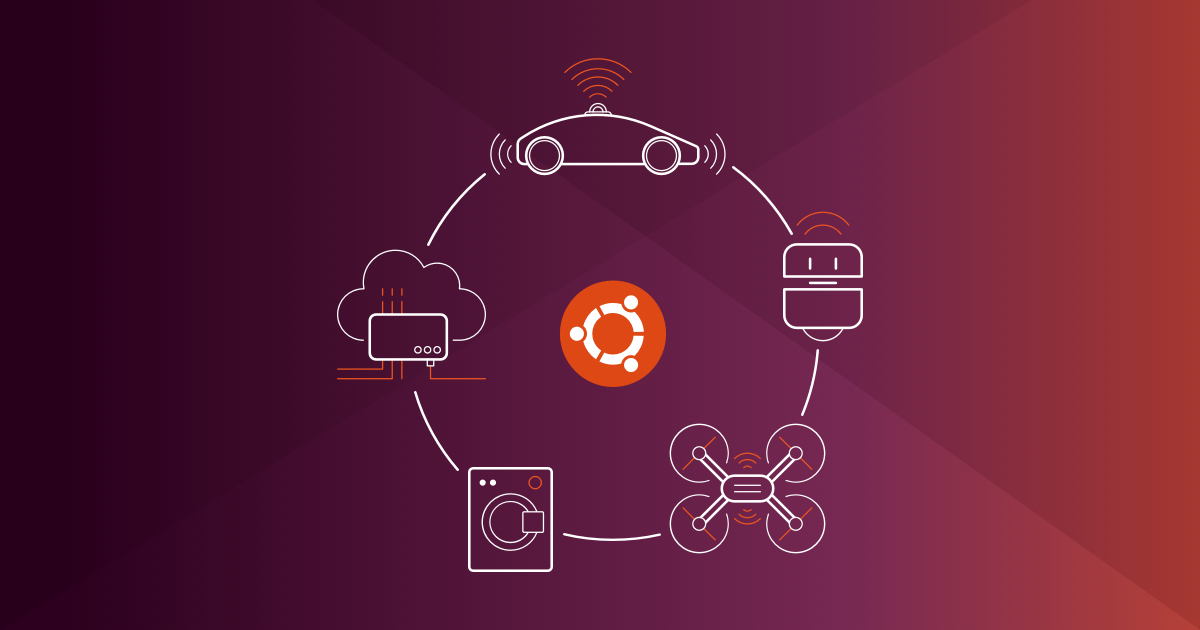
Ubuntu is a distribution based on Debian, designed to have regular releases, a consistent user experience and commercial support on both desktops and servers. It is one of the most well know distributions.
homepage
An official derivative of Ubuntu using the Cinnamon desktop environment.
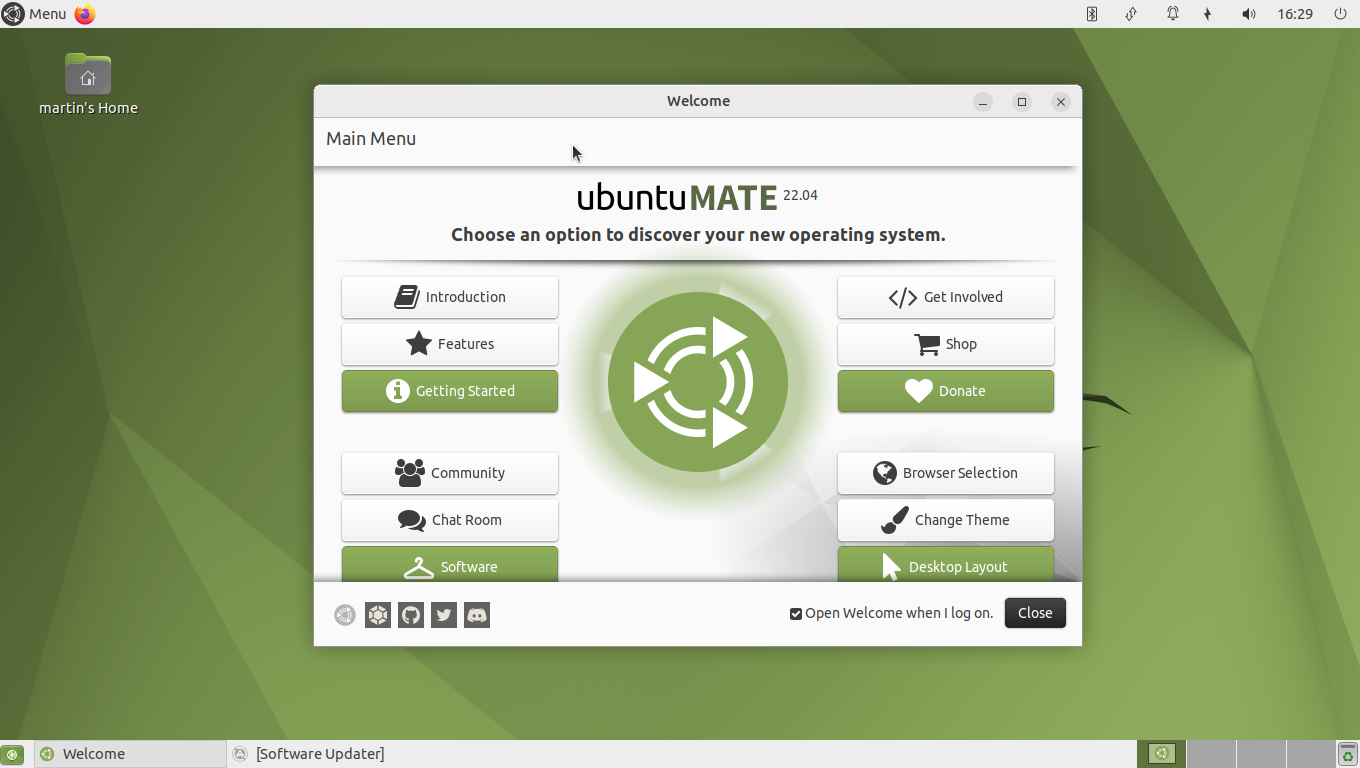
Ubuntu MATE is a stable, easy-to-use operating system with a configurable desktop environment. It is ideal for those who want the most out of their computers and prefer a traditional desktop metaphor. With modest hardware requirements it is suitable for modern workstations, single board computers and older hardware alike. Ubuntu MATE makes modern computers fast and old computers usable.
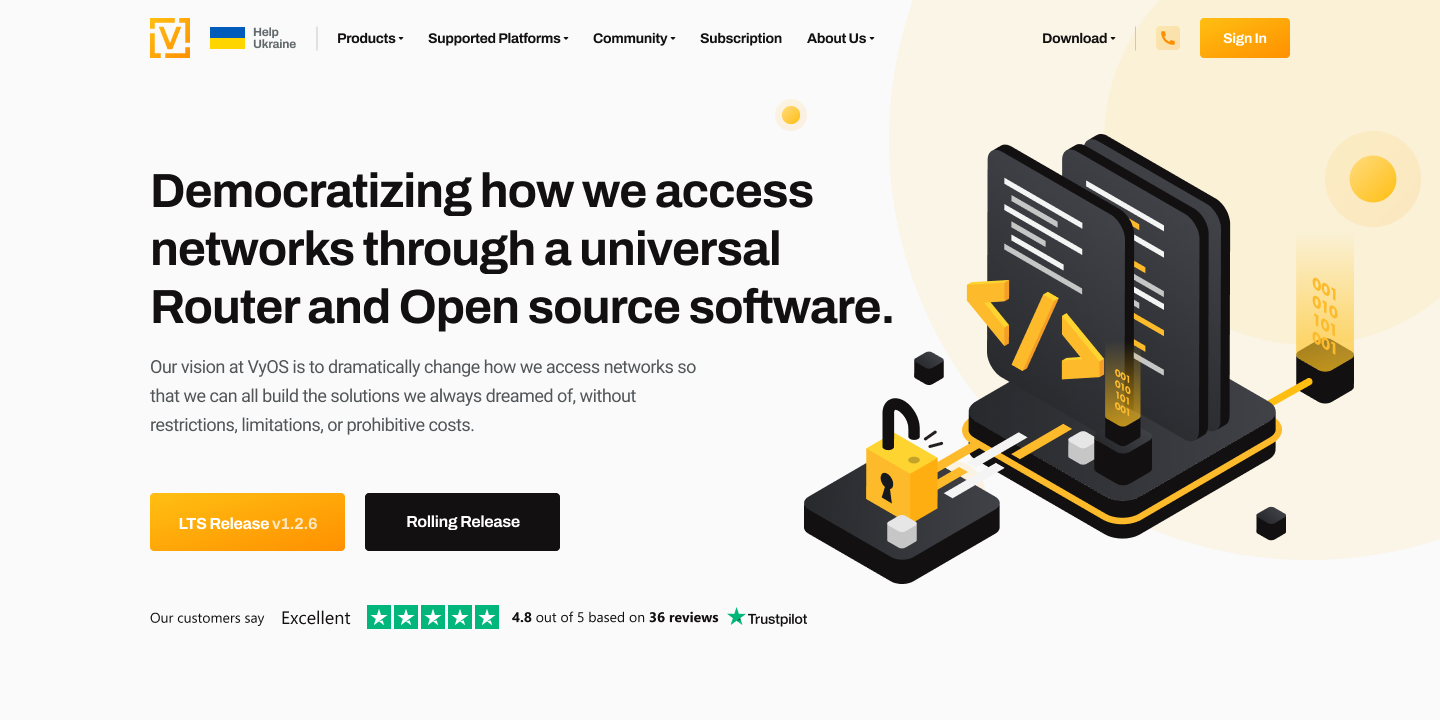
Free routing platform. Because VyOS is run on standard amd64, i586 and ARM systems, it is able to be used as a router and firewall platform for cloud deployments. Ubiquiti and other networking equipment vendors use this distro or a base to start with.

Zorin OS is the alternative to Windows and macOS designed to make your computer faster, more powerful, secure, and privacy-respecting.
